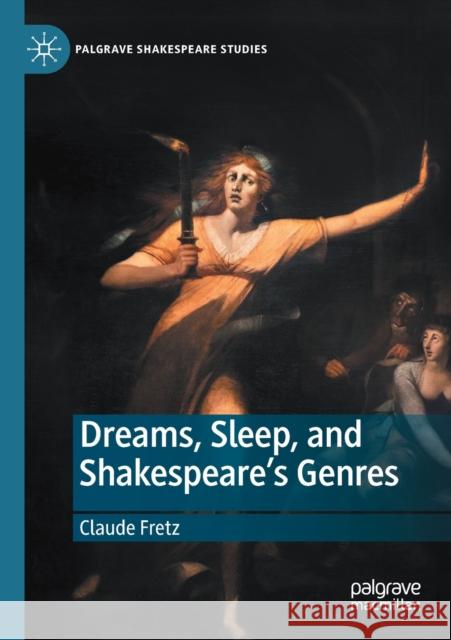Dreams, Sleep, and Shakespeare's Genres » książka
topmenu
Dreams, Sleep, and Shakespeare's Genres
ISBN-13: 9783030135218 / Angielski / Miękka / 2021 / 268 str.
Dreams, Sleep, and Shakespeare's Genres
ISBN-13: 9783030135218 / Angielski / Miękka / 2021 / 268 str.
cena 342,14
(netto: 325,85 VAT: 5%)
Najniższa cena z 30 dni: 327,68
(netto: 325,85 VAT: 5%)
Najniższa cena z 30 dni: 327,68
Termin realizacji zamówienia:
ok. 16-18 dni roboczych.
ok. 16-18 dni roboczych.
Darmowa dostawa!
Kategorie:
Kategorie BISAC:
Wydawca:
Palgrave MacMillan
Seria wydawnicza:
Język:
Angielski
ISBN-13:
9783030135218
Rok wydania:
2021
Wydanie:
2020
Numer serii:
000274683
Ilość stron:
268
Waga:
0.36 kg
Wymiary:
21.01 x 14.81 x 1.6
Oprawa:
Miękka
Wolumenów:
01
Dodatkowe informacje:
Wydanie ilustrowane











